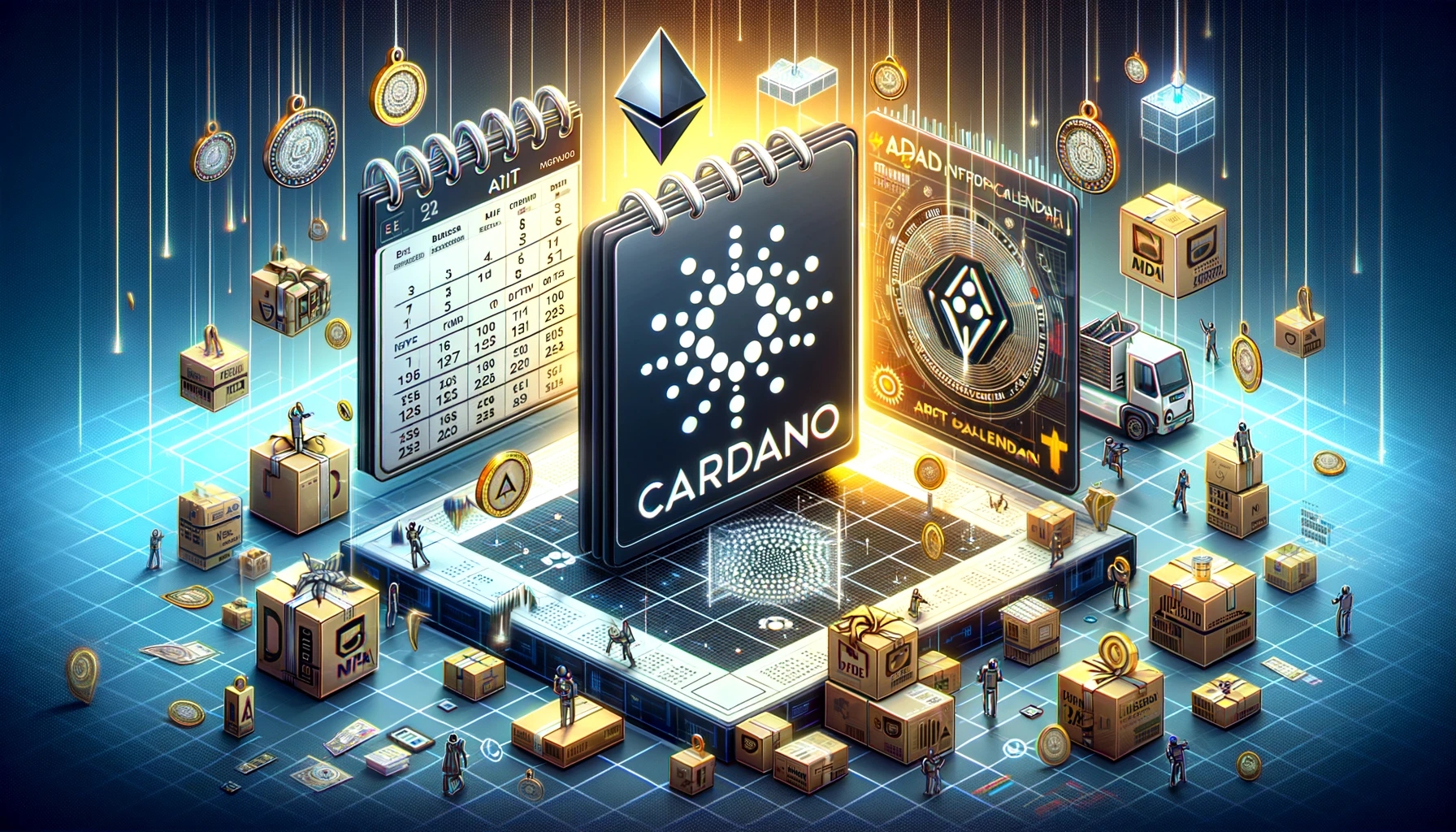The Biggest Mistake People Make When Buying NFTs
March 2, 2022 - 8 min read
The best question to ask yourself is this: “If the NFT market stopped today, could this project founder bring an equal or greater amount of value than I paid for this NFT?”

The Securities Act of 1933 Has More to Do with NFTs Than You Think
One of the ways I keep a pulse of the NFT market is by reading Twitter comments and interactions. It’s tedious, but it’s the best source of information (if you know how to do it properly, it’s better than any data point from Icy Tools, OpenSea, etc.).
I don’t like posting Twitter handles publicly, so I’ll copy a Tweet below that sparked this newsletter:
“Paper handing on next run is your plan? BAYC is a corporation, not a quick NFT flip. It’s a share of a major company.”
This is a real tweet.
Do you see the problem here?
I’ve seen too many Twitter responses and interactions from people who think purchasing an NFT is the same as purchasing a share of a business.
If this is obvious to you, kudos, but it’s not the pulse of the market that I’m picking up. I think a lot of people believe that purchasing an NFT in a project means they become a shareholder.
Now you could argue that owning an NFT of a project that is becoming a recognizable brand can act like a share in that you can leverage the asset for personal gain, but it is not a share in a company that receives a piece of the profits earned created by the founders of the project.
To me, this is the biggest structural challenge with NFTs and if more people truly understood it, buying behavior into certain projects would absolutely slow down.
I’m not here to call a top or say that NFTs aren’t valuable (they are, but please know every bit of me and others believe a full-on crash is coming) but it’s too important not to share this information.
I know that I’ve written before that NFTs are not securities, but it’s worth reiterating.
A security is a fungible “financial instrument” that represents financial value. It is a financial asset that can be traded like a stock or a bond.
NFTs are tradeable, but the financial value is supposed to be purely based on the market. Whereas a stock value may be based on an earnings report, press release of a vertical expansion, or a letter to shareholders explaining the roadmap for company growth. NFTs can’t really behave like financial instruments with the promise of value tied to the performance and execution of a project by its founders.
The securities act of 1933 is the reason for this was created to protect investors after the stock market crash of 1929.
Ironically, it was put in place to promote transparency.
I say ironically because we’ve had so many rugs lately and so many undoxxed founders exposed for bad behavior.
It’s this exact behavior that would get the attention of the SEC and put pressure to regulate NFTs as securities or create some sort of guideline. I don’t know if this is good or bad, but the problem is that people are getting good at selling NFTs with shady and high-pressure marketing tactics. We can scream all day long that we are accountable for how we spend our money (we are) but the numbers are getting too big to ignore.
There will be a growing group of people (even NFT collectors) clamoring for regulation because so much money will be lost to false promises. This is a prediction, but I think it will happen.
Here’s the deal: there are so many NFT projects that could start behaving like securities (promising the value of an asset will go up because the creator is going to do x, y or z) and the SEC might not care, might not have resources, or might not even know how to track this type of behavior.
Like any other time period in human history, bad actors will take advantage and push the limits as far as they can.
This would most likely result in news articles, lawsuits, and rising pressure for government institutions to take some kind of action to protect investors.
Don’t worry, this is not a political newsletter, I’m only calling it as I see it.
The space has grown so much that regulators may need to step in to take action against these nefarious behaviors.
But we don’t need to worry about that because you are reading this newsletter and are getting clear about the potential value of an NFT you purchase.
If you are prepared to spend $250,000 for a Bored Ape Yacht Club asset because you think profits from their brand will be paid out to you directly, you need to think again.
You can use your asset directly as a virtual influencer to profit from it (and there will be platforms that help you do this, they just don’t exist yet) but it is technically illegal for project founders to profit share.
I genuinely believe that the majority of people don’t understand this. Again, if you do, you are ahead of the curve.
This is exactly why you need to buy into projects with (a) collectibility or (b) SAVVY founders who know how to bring value without paying out profits
Collectibility is much more culturally driven - a Bored Ape profile picture may triple your following and allow you to cut deals with brands that could drive income.
You may have $250k to spend on a Bored Ape purely because you want to own something that Eminem, Snoop Dogg, and others own. You may also just really love the art and design.
But if you want utility and value from your NFTs, you want to look for project founders who can create value without promising profits from their activities.
Can someone bring value that's not dependent on the NFT market? Say the NFT market goes to zero today, how can someone bring value?
Take Midnite Movie Club, which I broke down in detail here, as an example.
It was created by actor/director Matthew Lillard (Scream, Scooby-Doo) and writer/director Bill Whirity (Prey).
They plan to raise funds from NFTs, make movies and involve token holders in all aspects of the process with educational, networking, and showcase opportunities.
The project will mint for $400 (I’m on the whitelist and plan to buy one simply because I can get my name in the credits of the movie and I want to learn more about movie-making. If you don’t like movies and have no interest in filmmaking, don’t buy this NFT).
If NFTs went to 0, including this project, Matthew and Bill will still make their movie and could offer any holder tons of education and networking throughout the process.
They could let token holders shadow directors, production assistants, editors (this is already in the project plan). They could bring industry experts to teach scriptwriting, budgeting, set permitting (which is in their roadmap).
A value of more than $400 can easily be brought to holders without relying on the price of the NFT increasing. How much does film school cost? How much would a scriptwriting course cost?
How else would you ever get your name in the end credits of a movie?
The good thing is that the founders are clear that profits from the movie they make are split between a community wallet and the team that makes the movie.
A security would claim that any NFT token-holder would get a proportional rev-share of the movie made. I think NFTs can get to this point, but it’s just not there yet.
This is exactly why Gary V is not promising profit-sharing from the IP he plans to build. He’s incredibly savvy and knows he needs to wait to see how this plays out. He’s recorded as saying that he could buy an island and only VeeFriends holders could get access to it. There’s so much he can creatively do to bring value without promising profit sharing.
Anyway, my prediction is that Midnite Movie Club will sell out, but it won’t moon after mint. It’ll stay steady around the $400 price point.
However, I’m buying it and don’t care about the post-mint price. I can afford $400 to get unprecedented access to the filmmaking process.
And I LOVE that the founders are clear about the fact that they can’t pay movie profits to token holders.
Another project could copy this idea, promise profits from the movie made to token holders, and go absolutely ballistic in value, but it would leave the creators in hot water.
This is why I’ve deemed this the single biggest mistake people make when they buy NFTs.
It’s actually really easy to see through project creators who are totally reliant on the idea of profit-sharing as a way to drive the post-mint valuation of their NFTs up. It might not be explicit, but I promise you that understanding this concept will help you pass on projects that are extremely risky.
The best question to ask yourself is this: “If the NFT market stopped today, could this project founder bring an equal or greater amount of value than I paid for this NFT?”
Please remember, this is not financial advice. You should never spend money you can’t afford to lose on an NFT. The reason I, and so many others, say this, is because we could get in trouble if we claimed that this was financial advice.
Newsletter
Enter your email address below to subscribe to my newsletter
latest posts





